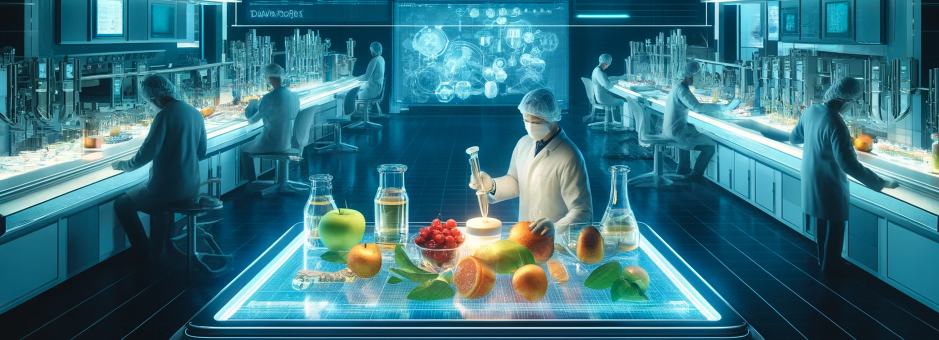Solving R&D Challenges in the Food and Beverage Industry with ARGEN Technology

The food and beverage industry faces a myriad of challenges in research and development, primarily centered around ensuring the stability, quality, and safety of products across different environmental conditions and production scales. These challenges include the complexities of ingredient behavior under processing stress and the critical need for consistency across batches. Innovations in analytical technologies, such as ARGEN, originally developed for pharmaceutical applications, have shown potential to solve R&D challenges in the food and beverage industry.
R&D Challenges in the Food and Beverage Industry
A primary concern in the food and beverage industry is maintaining product stability and quality despite the inherent variability in production and environmental conditions. For example, issues like dissolved oxygen in beverages can drastically affect both stability and taste, necessitating analytical equipment to monitor and adjust formulations during processing.
Another significant challenge is managing the solubility and rehydration behaviors of powdered ingredients, such as milk protein concentrates (MPC). Studies have highlighted the complexities of rehydrating MPC powders, where static light scattering (SLS) was used to monitor the dissolution kinetics and volume concentration of particles during rehydration. These insights are crucial as they influence the powder’s functionality in food formulations, impacting properties such as gelling, emulsification, and foaming. ARGEN offers a unique suite of features that are highly applicable to addressing these challenges in the food and beverage industry.
Real-Time Stability and Stress Monitoring
ARGEN’s ability to monitor stability in real-time is a game-changer for the industry. This feature can be adapted to track the stability of various ingredients under different processing conditions. It provides immediate feedback, which is essential for rapid adjustments to ensure consistent quality. Processing thermal, mechanical, and chemical stress can alter the stability and functionality of ingredients. ARGEN’s capability to simulate these stress conditions helps to develop formulations that are robust, maintaining their quality from lab to production scale.
ARGEN allows for the simultaneous testing of multiple samples under varied conditions, which is crucial for optimizing formulations and processing parameters quickly and efficiently. This is particularly beneficial for screening how different conditions affect ingredient solubility and stability.
Applications of ARGEN in Food & Beverage R&D
For dairy and juice products, ARGEN can optimize pasteurization processes to maintain nutritional and sensory properties, and it can enhance the functional benefits of proteins such as whey and casein in nutritional products by studying and improving their solubility under various conditions. ARGEN represents a significant technological advancement for the food and beverage industry, enabling companies to tackle intrinsic product development challenges with greater efficacy.
By leveraging pharmaceutical-grade analysis techniques, food scientists can achieve unprecedented control over product quality and innovation, resulting in safer, more stable, and higher-quality food products for consumers. This integration of cutting-edge technology like ARGEN, especially in understanding and optimizing processes, such as the rehydration of MPC powders, is pivotal in pushing the boundaries of what can be achieved in food science.
Connect with Yokogawa Fluence Analytics Today!

